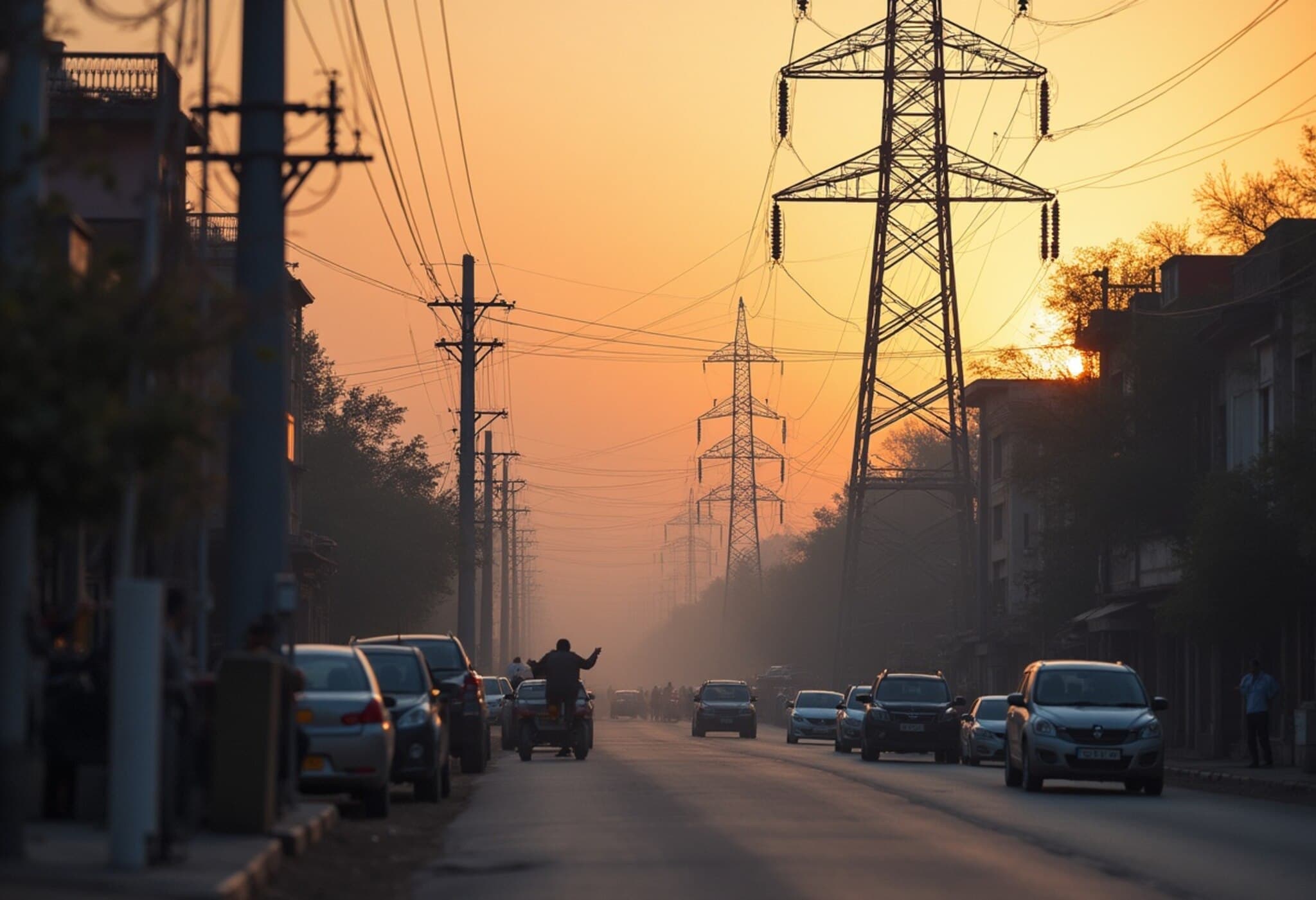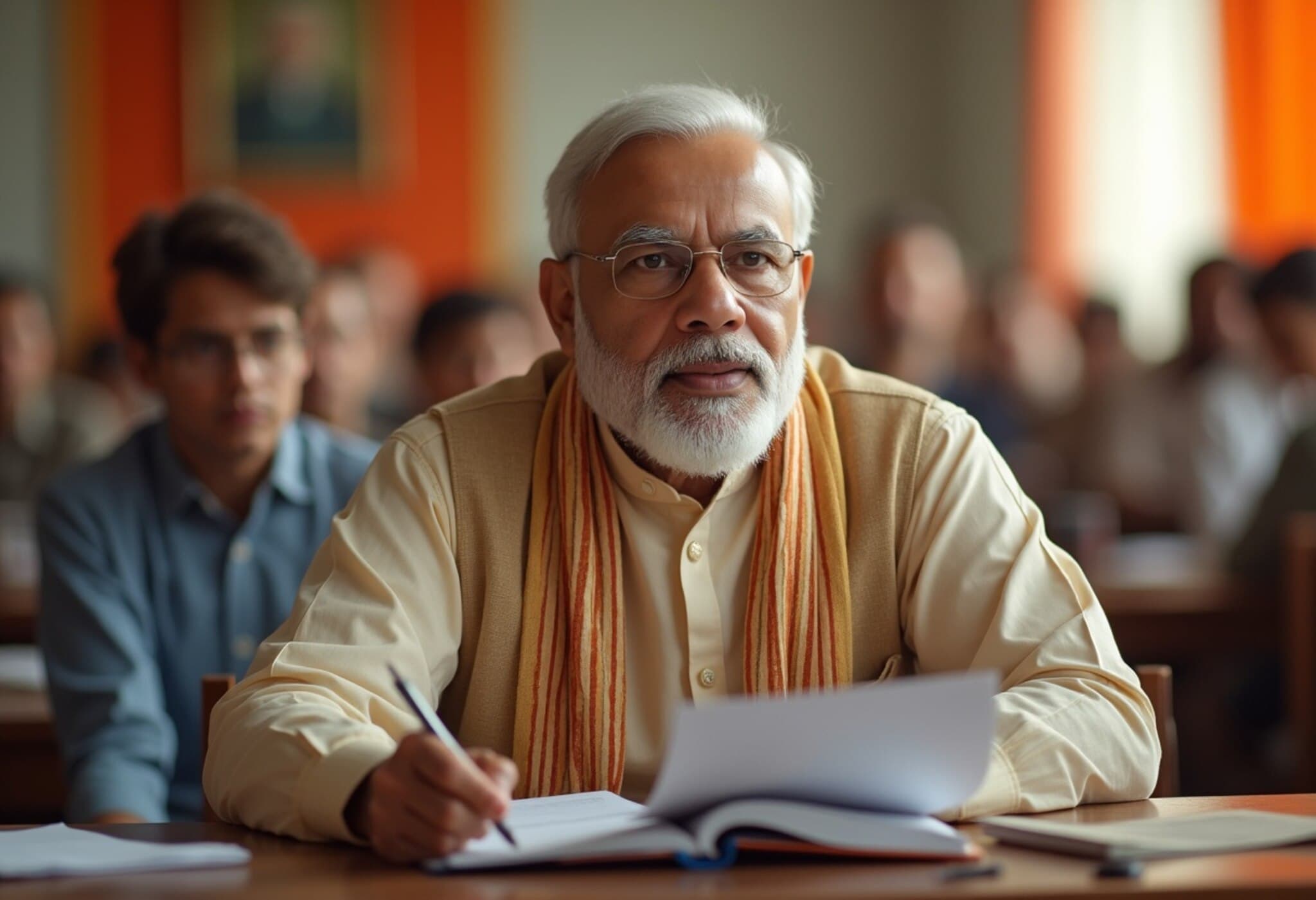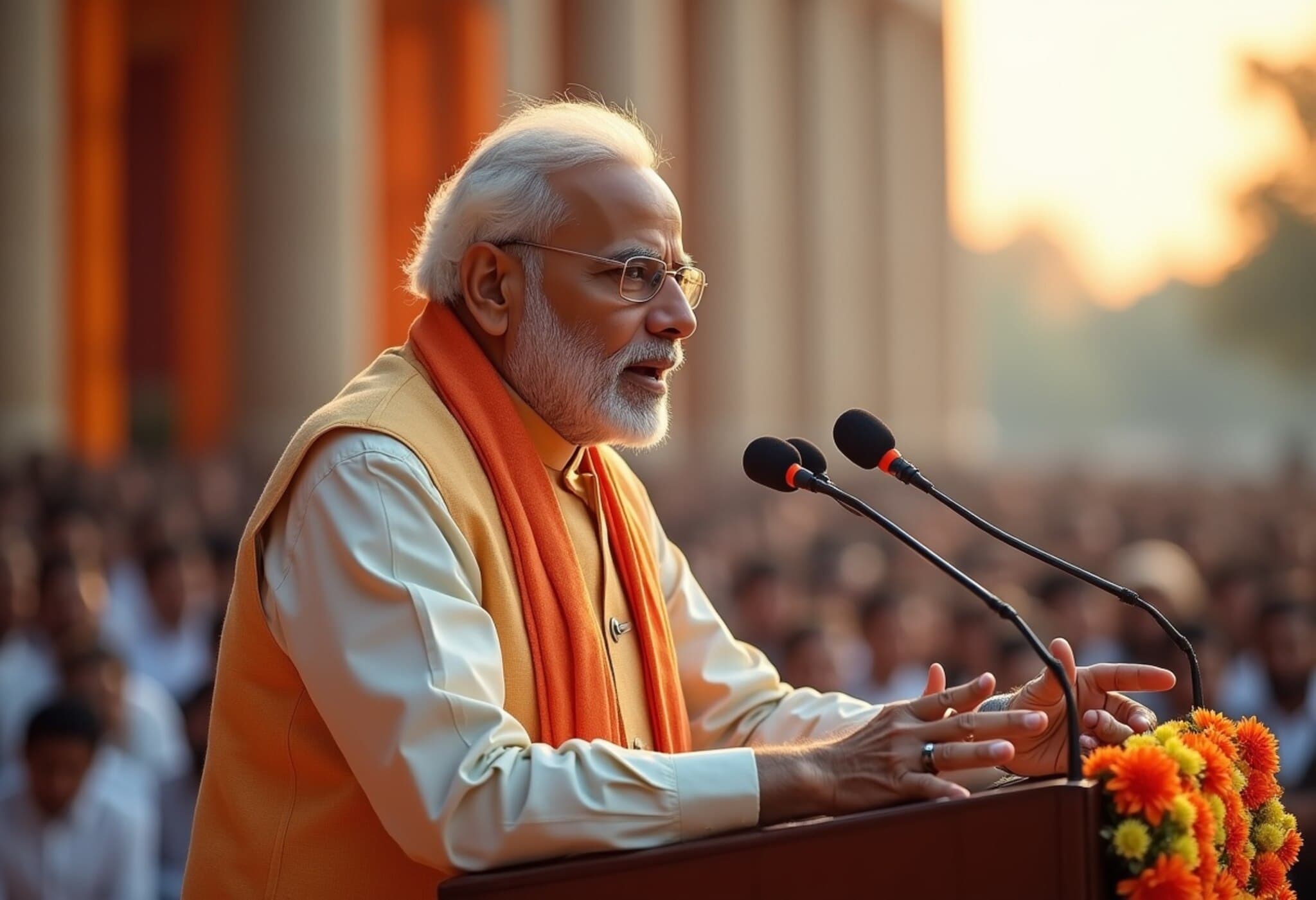Karachi’s Punjab Colony Faces 24-Hour Power Outage, Leading to Citywide Chaos
On a sweltering Saturday in Karachi, residents of Punjab Colony ignited a large-scale protest after enduring a crippling 24-hour power outage. The prolonged blackout not only plunged their community into darkness but also brought traffic across key city arteries to a grinding halt, spotlighting Pakistan’s deep-rooted energy crisis and governance challenges.
A Community Pushed to the Edge
Residents of an 80-flat, 10-story building near Punjab Chowrangi took the extraordinary step of blocking a major road to draw attention to their plight. Power had been off since 11 a.m. on Friday, and, despite repeated pleas for restoration, Karachi’s sole power distributor, K-Electric (KE), reportedly remained unresponsive.
The protest quickly escalated, snaring traffic on Defence Road and ripple effects spreading to critical intersections such as Boat Basin, Gizri, and Hino Chowrangi. Thousands of commuters were stranded, with massive queues of trucks and tankers—essential to Karachi Port operations—idled between Qayyumabad and the KPT Flyover.
Underlying Fault Lines: Energy Theft Crackdown and Disputed Actions
The power outage followed KE’s aggressive anti-theft operation in the nearby P&T Colony. According to protesters, the sweep indiscriminately disconnected even legally connected households without transparent procedures, intensifying public anger.
Conversely, K-Electric accused protesters of acting as “miscreants” attempting to restore illegal connections and alleged that their workers faced attacks linked to a local cable TV network during the operation. Yet, these claims have been met with skepticism, as no conclusive evidence implicates all affected residents in theft. The confrontation exposes the fraught dynamics between utility providers and communities in areas where power theft—though illegal—is entwined with socio-economic realities.
Systemic Troubles in Pakistan’s Energy Sector
This isolated blackout is symptomatic of broader systemic problems plaguing Pakistan's electricity supply chain. Deteriorating infrastructure, insufficient investment, and opaque governance fuel recurring outages that undermine economic productivity and public trust.
Experts point out:
- Infrastructure Deficits: Aging power grids unable to meet rising demand.
- Governance Gaps: Limited accountability and transparency in power distribution.
- Socioeconomic Challenges: Power theft intertwined with poverty and lack of affordable energy.
For Karachi—a commercial hub whose port handles over 60% of Pakistan’s international trade—these outages have ripple effects extending beyond inconvenience, threatening national economic stability.
Taking Stock: What Does This Mean for Karachi’s Residents and Policy Makers?
The protest embodies citizen frustration with an unresponsive energy apparatus that fails the very people it is meant to serve. It raises pressing questions:
- How can authorities balance anti-theft enforcement with protecting legitimate consumer rights?
- What investments and reforms are essential to modernize Karachi’s power infrastructure?
- How can transparency and community engagement be enhanced to rebuild trust?
These debates are especially relevant for policymakers navigating Pakistan’s broader energy transition, amid growing demands for reliable, equitable power access.
Expert Insight: The Road Ahead
Energy analyst Sara Khan comments, "The Karachi blackout and subsequent protest scream of systemic neglect. Addressing energy theft is important, but it must be paired with infrastructure upgrades and socio-economic support to be sustainable. Otherwise, these outages—and public unrest—will only intensify. It’s a wake-up call for Pakistan’s energy governance."
Editor’s Note
The Karachi blackout protest serves as a potent symbol of deeper fractures within Pakistan’s energy sector. Beyond the immediate inconvenience lies a complex web of infrastructure decay, governance challenges, and socio-economic realities. As Karachi continues to fuel Pakistan’s economy, ensuring sustainable power delivery is not just a technical issue but a profound social imperative. Readers are invited to reflect:
- How can public utilities restore faith while enforcing regulations?
- What role should community voices play in shaping energy policies?
- Could innovative solutions — from decentralized renewable energy to community-led monitoring — offer a path forward?
One thing is clear: Karachi’s blackout crisis is not an isolated glitch but a mirror reflecting Pakistan’s urgent need for systemic reform.







